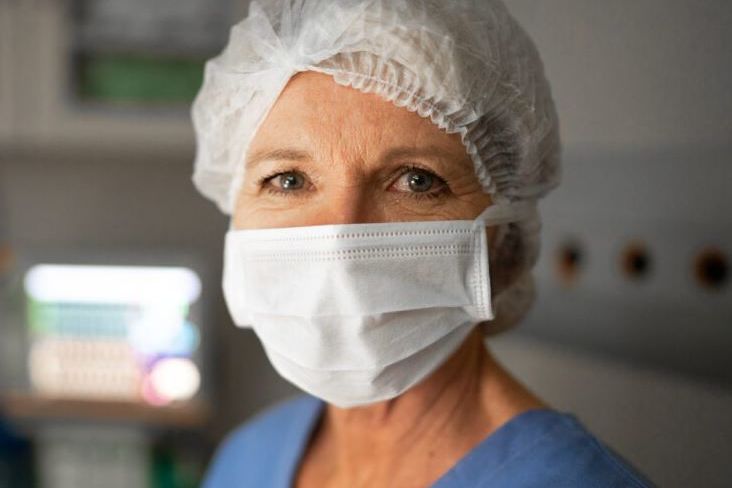Survivors go to the front of the class
Patients and survivors of cancer, plus dementia patients and their caregivers, are teaching the next generation of medical professionals.

We trust research scientists and medical doctors to diagnose and come up with treatments that address our illnesses. But who knows better than patients and survivors the personal impact and the changes to body and mind that illness can bring?
Over the years, patients and survivors have been overlooked by the medical profession but now a more holistic approach is becoming accepted where frontline health professionals are not only standing back to allow the sick and the surviving to come forward but are actively seeking their advice.
Survivors Teaching Students is a volunteer program that brings ovarian and other gynaecological cancer survivors and their caregivers into the classrooms of students in the health professions to teach them about women’s experiences with the diseases.
It was developed by the Ovarian Cancer Research Alliance in the United States in 2002 and has since been adapted for Australia.
The program is based on the belief that survivors and caregivers are in a unique position to help students understand the lived experience of a gynaecological cancer, including the emotional impact.
The goal is to raise awareness of the symptoms of these cancers among the next generation of health professionals, so the diseases are detected without delay. The program also provides opportunities for students to learn about the importance of good health communication and compassionate care.
Since 2017, Survivors Teaching Students volunteers have delivered in-person and online programs to more than 20,000 students across 22 universities in Australia and New Zealand.
During a typical session, students hear from three volunteers — including patients, carers, and family members — about their personal experience with gynaecological cancer, including the physical, mental, and emotional toll it takes.
“Patients are real people with lives and families, and we want the doctors and nurses of the future to see that,” said cancer survivor and retired psychologist, Kristin Young, who is involved with the program.
“Many students are really touched at an emotional level… and perhaps start to think they would consider a career in oncology or oncology-based research.”
Dementia patients design their care
Meanwhile, a University of New South Wales (UNSW) initiative aims to co-design with – rather than merely consult – people living with dementia to develop new models of rights-based care.
When Theresa Flavin began her advocacy in dementia and aged care, she was struck by how fragmented the support system was.
“In research, older people and those with dementia were kept at arm’s length,” she said. “It felt like the system was built around us, not for us.”
Diagnosed with younger onset dementia, Ms Flavin is now a Lived Experience Dementia Consultant on a UNSW project aimed at reshaping decision-making in aged care.
The project helps providers enact requirements under the new Aged Care Act and Strengthened Quality Standards, which will come into effect in November 2025.
The changes include the introduction of a new statement of a person’s right to independence, choice, quality care, privacy, and staying socially connected.
The Act also introduces higher standards of care, and higher penalties if they’re not met, as well as whistleblower protections for people reporting concerns.
As a chief investigator, Ms Flavin ensures that people with dementia help shape the training and tools being developed.
“True co-design means working with the end users,” she said. “Many projects miss this, consulting stakeholders who aren’t the actual users.
“A lot of the time, the words of the person with dementia are treated as a superficial add on.
“I think it's deeply, deeply unfair to just mine us and discard us, our society is already doing that, and social science needs to lift their game.”
Related reading: Survivors Teaching Students, ABC, UNSW





